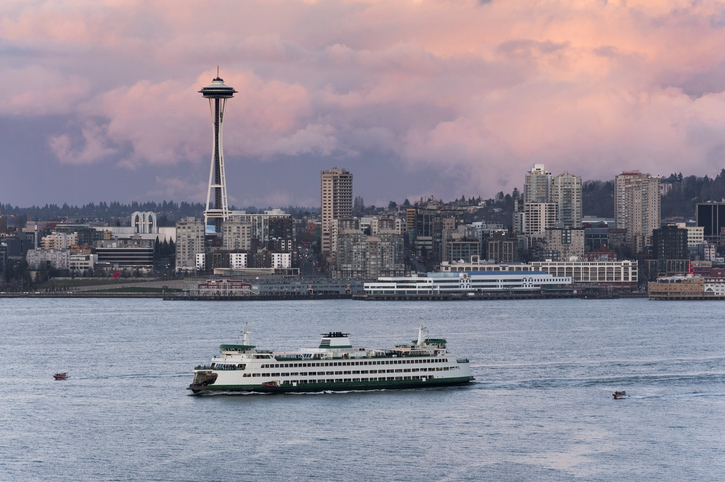It is always a great day in American politics when elected officials do the right thing even in the face of vitriolic opposition. Case and point: President Bush signed the Central American Free Trade Agreement this month over the objections of passionate but misguided detractors. The treaty represents a significant victory for the American economy, even if many citizens don't realize it.
Free trade is one of those issues that is incredibly complex, overwhelmingly beneficial, but regularly demonized by those who don’t understand it. Unfortunately, too many Americans don’t comprehend the complexities of Ricardian economics and oppose free trade out of ignorance or misinformation. But free trade, like quantum mechanics, works whether we understand it or not. Here is what we know.
Free trade creates jobs. The Commerce Department under President Clinton reported that NAFTA resulted in a net increase of 160,000 new jobs. Later studies put the figure much higher (in the millions). The problem with free trade isn't economics, it’s politics. Free trade offers huge long-term benefits with some minimal short-term costs. What democracies prefer, however, are immediate benefits and no costs whatsoever. We vote in two-year cycles and we want results even faster. But good economic policy takes patience.
We know protectionism fails. Just ask President Bush. Prior to the 2004 election he slapped steel tariffs on foreign importers to protect jobs in politically sensitive Ohio. And it backfired. For every job he protected in Ohio, he lost two jobs in other sectors that purchased steel, like the construction industry in Florida and the auto industry in Illinois. When jobs started evaporating faster than they were being protected, Bush got a quick lesson in Ricardian economics and the tariffs quietly expired.
But if free trade is so beneficial, why are some people doggedly opposed to it? The answer lies in how free trade is advantageous. Beneficial policies can be grouped into two categories: Pareto efficient and Kaldor-Hicks efficient. When a policy is Pareto efficient that are some "winners" but no "losers." Pareto efficient policies almost always pass because the winners fight for them and, absent any losers, there is little political opposition. Kaldor-Hicks efficient policies, however, have winners and losers, but the winners win more than the losers lose (Still with me?). Imagine a society of 10 people where seven people "win" a dollar and three people "lose" a dollar. In all, the gains are larger than the losses and governments could institute a policy where the winners compensate the losers and still come out $4 ahead (e.g. the winners pay higher taxes to pay for job retraining for the losers). Free trade is a Kaldor-Hicks efficient policy.
Unfortunately, Kaldor-Hicks efficient policies run up against another political phenomenon know as "asymmetry of incentives," in this case something called "concentrated pains and diffused benefits." An asymmetry of incentive occurs when some people have a larger incentive to fight than others (remember Vietnam?). For example, imagine a policy where one million people will gain $100 but 500 people will lose $10,000. The 500 losers are going to intensely oppose this policy. But the one million winners are not going to "go to the mat" to fight for their $100. In the end, the "squeaky wheel gets the oil"and the attention of politicians. The policy dies, even though such a policy would have added almost $100 million dollars to the economy. The same thing happens with free trade. NAFTA created millions of new jobs and caused the loss of thousands of other jobs. But the job losses were concentrated in a few sectors of the economy (textiles in North Carolina) and the job gains were diffused over 150 million employees. The huge number of job winners didn't associate their gains with NAFTA and quietly went to work, but the small number of job losers did make the association and loudly made trade a campaign issue and economic villain.
Understanding the concept of "concentrated pains and diffused benefits" also explains why presidents from both parties always support free trade, but particular members of Congress oppose it. Presidents represent the whole country which receives the "diffused benefits." Members of Congress represent small segments of the nation, some of which are experiencing the "concentrated pains."
Professor Mathew Manweller a member of the Washington Policy Center’s Academic Advisory Board and Assistant Professor of Political Science at Central Washington University.




